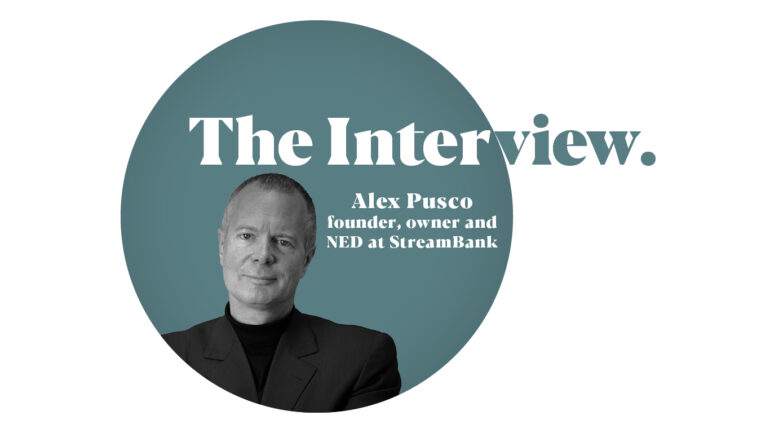It has been two years since StreamBank received its UK banking licence – how have things developed since?
Owning a bank has been a long-held ambition of mine. I’m not in this for the short-term. I have no exit strategy. I want to build a bank that grows sustainably over the long-term and becomes known in the market for excellence, both in the products it offers and the service it delivers.
StreamBank was always intended to be different. From the start, we aimed to build a modern bridging lender grounded in traditional values including speed, service, and certainty. Since launching, we’ve stayed laser-focused on those fundamentals. They’re what brokers value most, and they’re what drive repeat business.
Over the past 12 months, we’ve delivered a full year of profitability, expanded our loan book significantly, and made strategic enhancements to our product range. We’re building steadily and deliberately, because, quite simply, this is a business built to last.
StreamBank has grown rapidly in a competitive market – what has been key to that early traction
We’ve earned our reputation by delivering on our promises. Brokers need answers quickly and completions on time. That’s why we’ve invested in direct access to underwriters, streamlined onboarding tools, and, where appropriate, integrated automated valuation models (AVMs) to accelerate early decisioning.
But technology alone isn’t enough. We’ve combined automation with experienced human oversight. Our teams know how to assess complex deals and understand the nuance that can make or break a bridging transaction.
What does the current product line-up look like, and how have recent launches supported StreamBank’s growth?
We’ve added meaningful innovation to the market. The launch of StreamEdge with its competitive rates and a legal contribution has been a standout. It caters to brokers working on residential, semi-commercial, and commercial deals and is already gaining real traction.
More recently, we introduced title insurance for bridging cases worth up to £2m, helping to reduce legal delays and give brokers greater certainty. It’s a subtle change, but one that can shave days off a completion, especially useful when timelines are tight.
We also introduced StreamLine for larger residential cases, which has received strong enquiry levels and positive feedback since its launch in January.
What role has the team played in shaping StreamBank’s success so far?
We built a team that had experience, knowhow and a desire to succeed. That’s what’s driven our growth and helped us gain real traction in a busy market.
We’ve been deliberate in who we bring into the business. StreamBank isn’t just about systems; it’s about people who understand lending.
From our business development managers (BDMs) to our credit team, everyone is aligned around service. That’s reflected in our Trustpilot score – currently at 4.5 and rising.
How are you approaching the current challenges in the property and lending markets?
It’s definitely a more nuanced landscape. We’re seeing longer construction timelines, constrained refinancing appetite, and more delays to sales-based exits. That means we’re working closely with brokers on multi-layered exit strategies, building in conservative stress testing, and looking for credible fallback options.
We’ve always prioritised pragmatic, cautious lending and that’s serving us well in this climate. Deals need to be realistic and resilient. We’re also strong advocates for smart digital tools, whether that’s automated ID checks, AVMs, or faster doc verification.
Like many other lenders, we’re also exploring how artificial intelligence (AI) might help flag risks and recognise patterns across deals.
But there’s no substitute for human judgment. The best lending outcomes still come from experienced eyes on a case. Tech is there to support, not replace, the relationship between broker and lender.
Finally, what’s next for StreamBank?
We’re now in a strong position to build on our early success. That includes selectively broadening our product set and deepening our broker network.
But we’ll continue to grow with discipline. We won’t chase volume for the sake of it. The strategy is, and always has been, to build something enduring.




